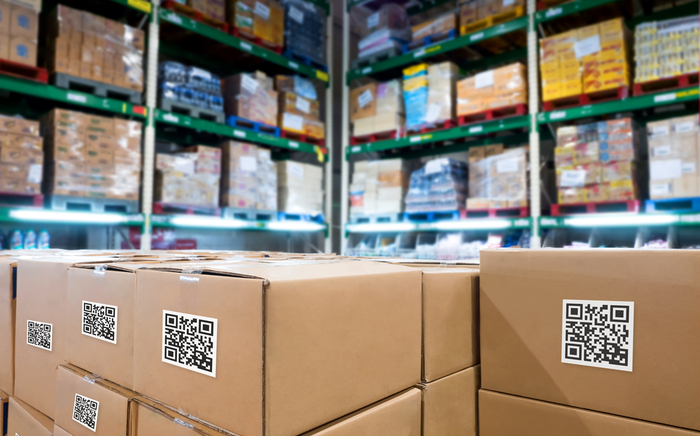Artificial intelligence (AI) is completely changing the way textile producers conduct business and their entire production process. Artificial intelligence (AI) has the ability to access and gather both past and current operational data, offering insights that can boost productivity. Having a good understanding of your operations makes it simpler to modify procedures in order to maximize the possibilities of human labor.
AI has an impact on every stage of the process, including product cost, textile production, quality control, just-in-time manufacturing, data collection, and computer integrated manufacturing. Color matching, pattern inspection, and flaw detection are a few frequently used integrated AI applications in the textile industry.
AI has made it possible to develop "smart clothes," or smart clothing, which improves user experience by utilizing IoT and electronic sensors. Smart clothing can provide a more pleasant and healthcare-focused experience by utilizing these technologies.
The textile business is being driven by technologies other than artificial intelligence. Other essential elements are ultra-low power technologies, precise sensors, edge computing, and cloud data. A reliable and practical energy supply from the embedded battery is essential for smart clothing, particularly for those that depend on BLE and IoT technologies.

 Back to Blog
Back to Blog











